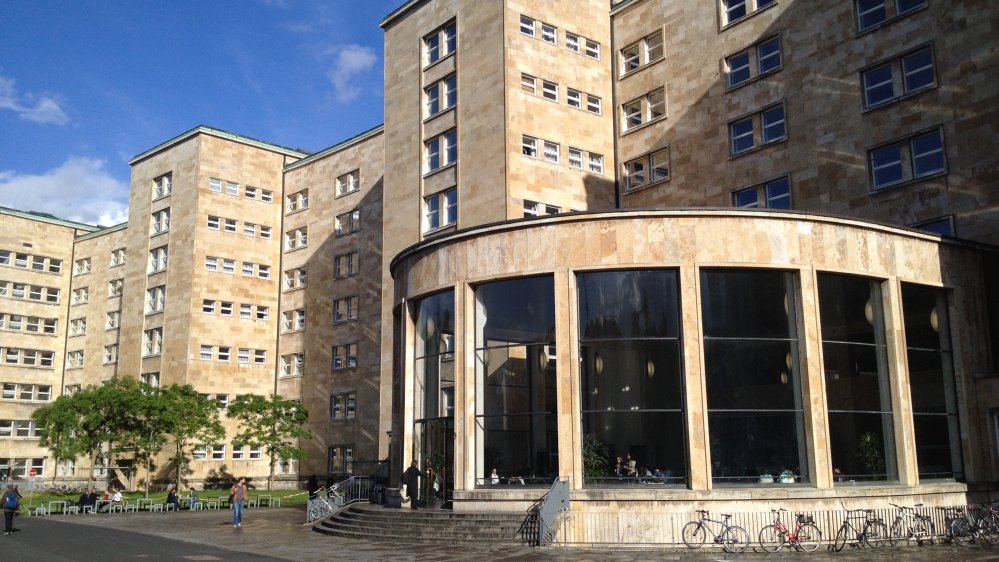Universities are characterised by their broad scientific-theoretical and research-oriented focus. In addition to the disciplines of medicine, law, theology, natural sciences and humanities, social sciences, economics, mathematics and computer science, engineering, agriculture and forestry are also taught. Teacher training is also frequently offered.
Some universities focus their programmes on specific subject areas, such as the universities of medicine, veterinary medicine and sport. Some universities also offer dual study programmes. Universities also have the right to award doctorates, i.e. you can obtain a doctoral degree there.



